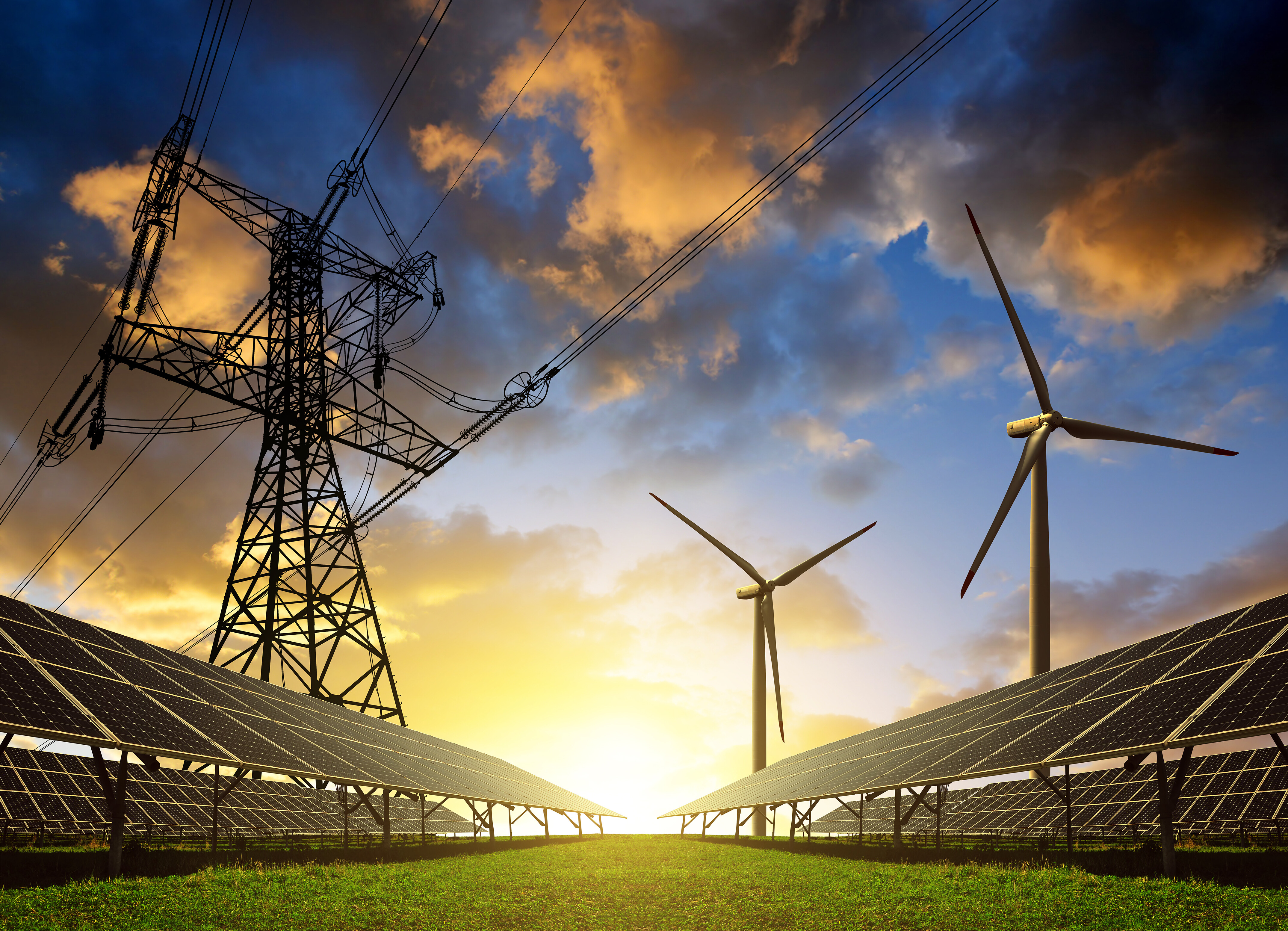Opinion
4 global risks to look out for in the post-pandemic era

Global risks need to be carefully managed. Image: Shutterstock
Help us prevent the spread of disinformation
This article has been intentionally misrepresented on other websites that spread false information. Please read the piece yourself before sharing or commenting.
- The post-pandemic era is being shaped by heightened global risk and unpredictable shock events.
- Power is dispersing in a post-superpower era, while governments struggle with a recurrent crisis of political legitimacy worldwide.
- The lingering pandemic mental health crisis is being exacerbated by climate and AI.
Since the World Health Organization (WHO) declared the end of COVID-19’s emergency phase last May, other threats have escalated – more variants, global wars, climate events, tech challenges, terrorist activity on Western soil and even a new public health emergency of international concern called mpox. But what else may be on the horizon?
The following analysis—which is based on a multi-year prediction project with graduate students at New York University and experts at crowdsourced consultancy Wikistrat, where I’m a lead analyst—details the global risk trends to watch this decade.
1. Power disperses in a post-superpower era
Most citizens would agree that our community of world leaders, including the G7 and G20, largely fell short in tackling the COVID-19 pandemic. Since the pandemic eased, the reality is we haven’t had enduring global leadership on much, and it’s hard to imagine that changing soon. This is partly because superpowers are terribly burdened with global wars and domestic challenges.
These powers will, of course, still be relevant, compete and attempt to 'lead' everywhere from space to AI and oil. But look for other actors to step up more to fill the leadership void, including 'geopolitical swing states' leveraging rare earth minerals (like Ghana) to reduce the dominance of superpowers; smaller states (e.g. Scotland) using climate funding as a foreign policy tool; the Global South moving away from trading in the US dollar, even attempting a new blockchain payment system; and tech firms (and leaders) driving change largely unchecked. Frankly, we’ve noted this trend before but this may be the official start of a post-superpower era shaped increasingly – and unpredictably – by other players, regardless of the outcome of the US election. The nature of power will continue to evolve in our post-pandemic era.
2. A big election year won’t stop our recurrent crisis of political legitimacy
Everyone has rightly noted how 2024 is the biggest election year in history with around half the world going to the polls. This, of course, could still be complicated by AI disinformation, cyber threats or simply accusations of rigging (as already seen in countries like Bangladesh, Venezuela and the US).
Yet, the larger issue is whether these elections will even make a tangible difference in local and global change; widespread government distrust in most political systems has not abated in our post-pandemic era. Let’s not forget democracy—declared the sole surviving source of political legitimacy by the US hegemon at the end of the Cold War—has been in decline globally for 18 consecutive years, according to Freedom House.
Anti-government unrest has recurred everywhere since the Arab Spring, representing an enduring global crisis of political legitimacy. People have fought back in all political systems, driven by a conviction that there must be a better, more effective way to govern. In most countries, even after their vote, citizens will continue to challenge their leaders, questioning whether they have the capacity to tackle our many post-pandemic risks.
How is the World Economic Forum improving the global financial system?
3. A more complex global mental health crisis
The pandemic was the "greatest threat to mental health since the Second World War,” according to the WHO. Many of us are still struggling to catch up in our personal and professional lives. Yet, other challenges to post-pandemic mental health are increasing, thanks to climate change and AI.
First, therapists say climate change is generating a 'new type of anxiety,' leading to a sense of alienation that makes it hard to function and even suicide. This 'eco-anxiety' is likely to escalate as governments fail to transition away from fossil fuels fast enough. So, expect more extreme climate events that further exacerbate our mental health, especially for growing numbers of climate refugees.
Second, AI is being imposed on us, whether we like it or not. Many will feel they do not fit into this new AI-driven economy or are not even being offered a chance, creating a greater 'precariat' class who feel left behind. Can we learn these new AI tools or will we become redundant in our profession? This sentiment will exacerbate our occupational identity crisis, which will bleed into global mental health challenges. AI expert Kai-Fu Lee confirmed that his past prediction is still “uncannily accurate" forecasting that 50% of jobs will be wiped away by 2027. A violent backlash against AI is inevitable, as many feel left behind by this transition.
4. An era of shock events
Make no mistake – the US-driven post-Cold War era ended a while ago (and realistically America’s 2024 election won’t change this). Enduring global leadership, democratic ideals, globalization and liberal values have all been notably challenged and superpowers are overstretched. This is a global legitimacy crisis as argued in my book and our past crowdsourced research since 2017. This period of muddling through means anything can happen in our post-pandemic era. Look for global risks to be further exacerbated by unexpected, destabilizing shock events.
Briefly, here are three shock events to consider that may impact global stability:
1. A new global extremist group emerges: with the world distracted with multiple major wars and leadership in decline, this could be an opportunistic time for a new extremist group to make its mark – and maybe not face as many consequences. Perhaps, it will even leverage AI tools to kick off a new phase of terrorism.
2. A cyber pandemic – that is intentional: the massive global IT outage in July was not terrorism, but simply a faulty software update from a cybersecurity firm. Yet, it cost Fortune 500 companies $5.4 billion in damages and shut down flights, banks, hospitals, retailers and other services worldwide. Imagine if a bad actor did this – on purpose and an even grander scale?
3. Climate change claims its first island nation in the post-pandemic era: The COP28 plan to phase out fossil fuels may take decades and it’s unclear if world leaders will follow through. What’s more probable is that in the meantime certain island nations (who emit only 0.3% of global emissions) will keep fighting their cause, whether it is through international law or new climate funds. But, if these islands do succumb to climate change, sinking a lot faster than we expect, how will climate activists and world leaders react?
Don't miss any update on this topic
Create a free account and access your personalized content collection with our latest publications and analyses.
License and Republishing
World Economic Forum articles may be republished in accordance with the Creative Commons Attribution-NonCommercial-NoDerivatives 4.0 International Public License, and in accordance with our Terms of Use.
The views expressed in this article are those of the author alone and not the World Economic Forum.
Related topics:
Forum Stories newsletter
Bringing you weekly curated insights and analysis on the global issues that matter.
More on Global RisksSee all
Allison Shapira
November 14, 2025





